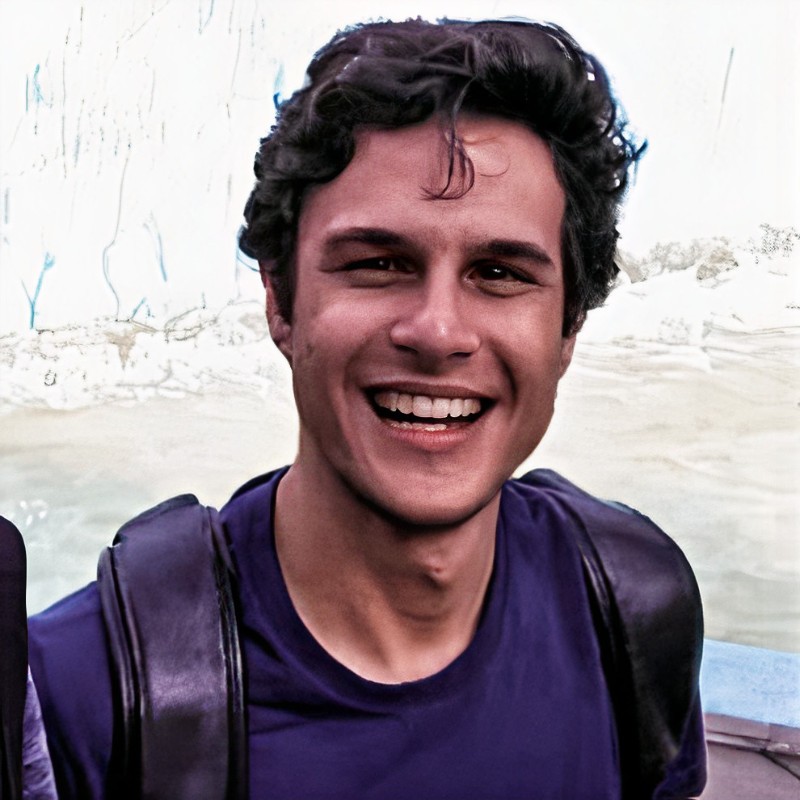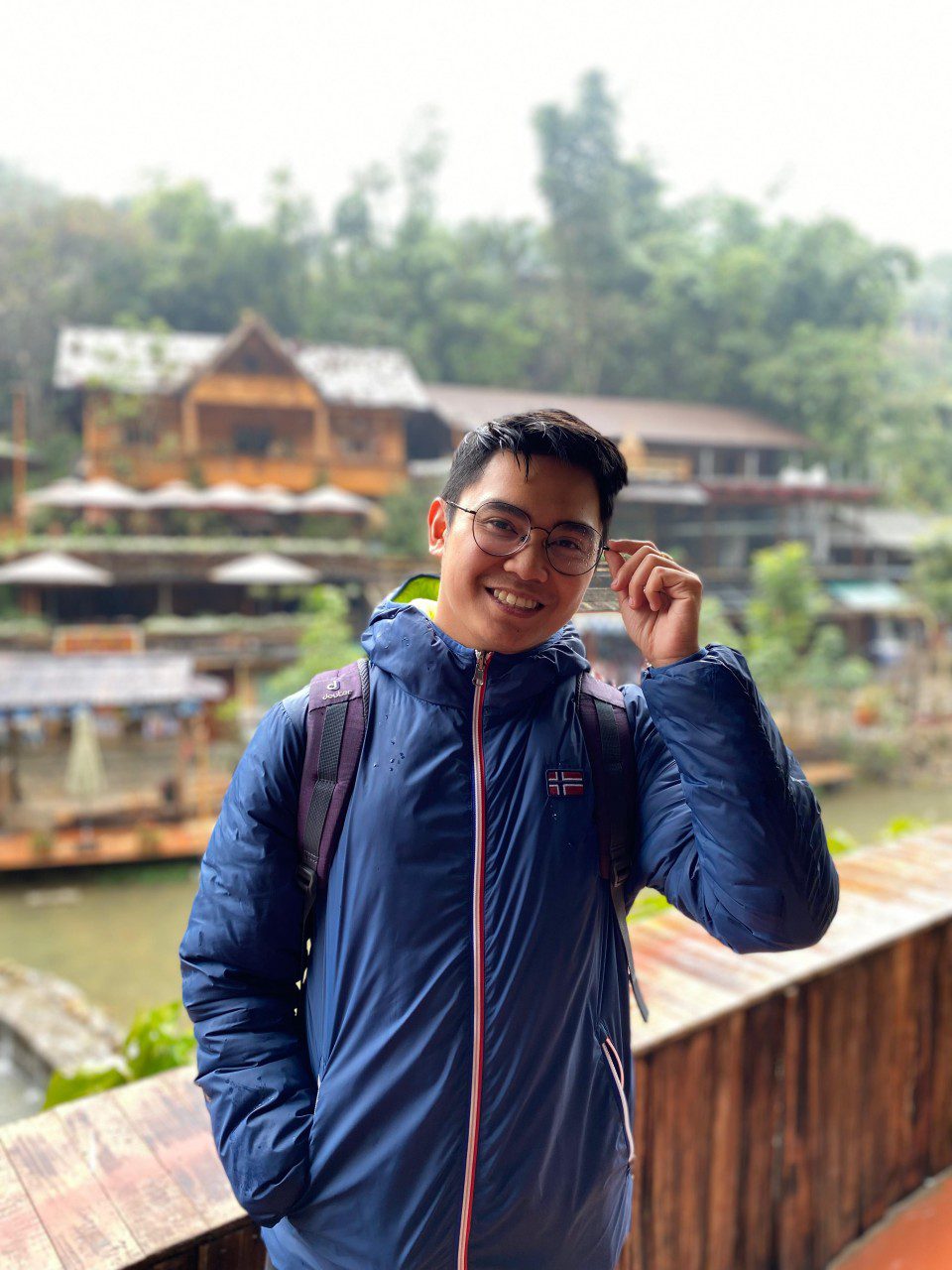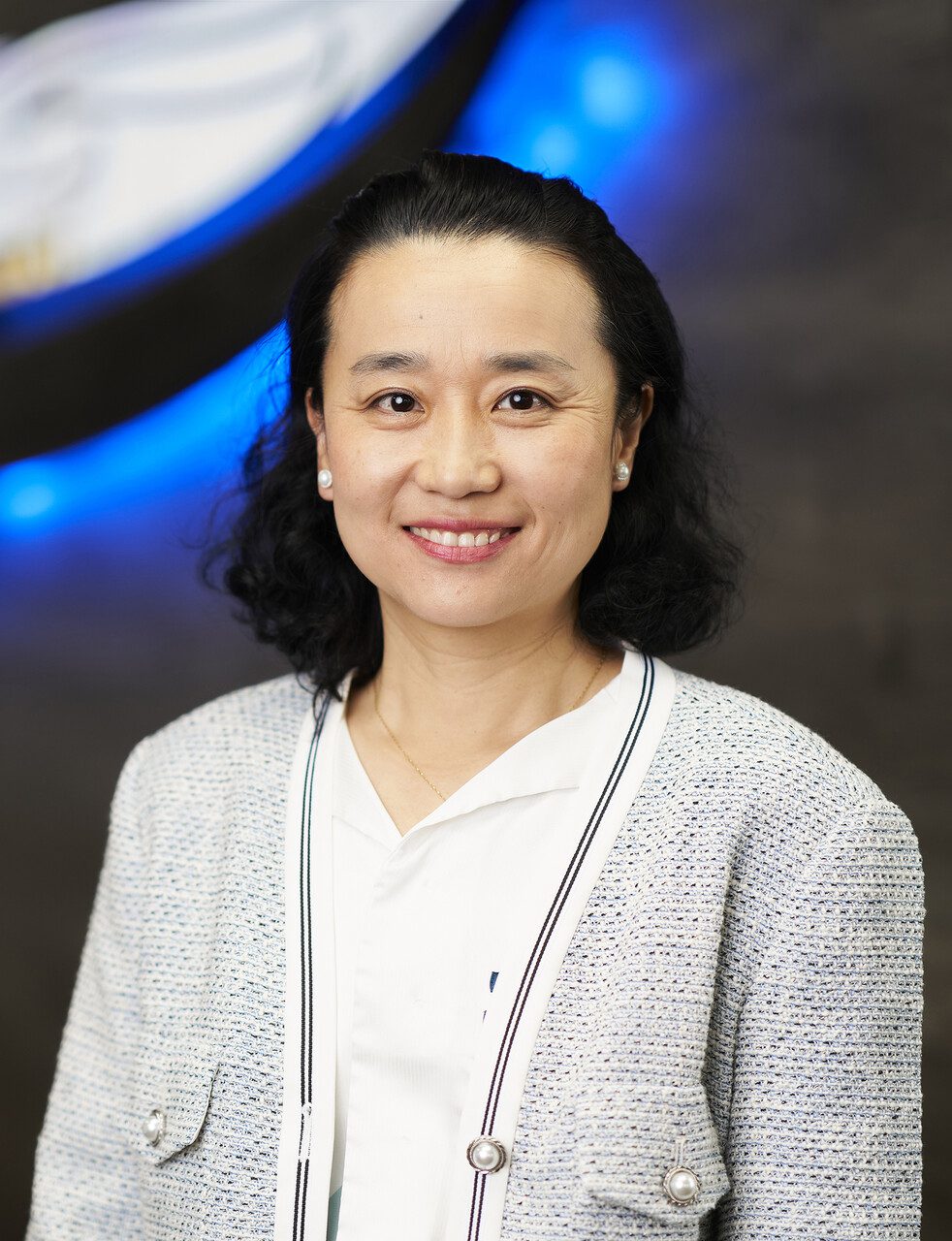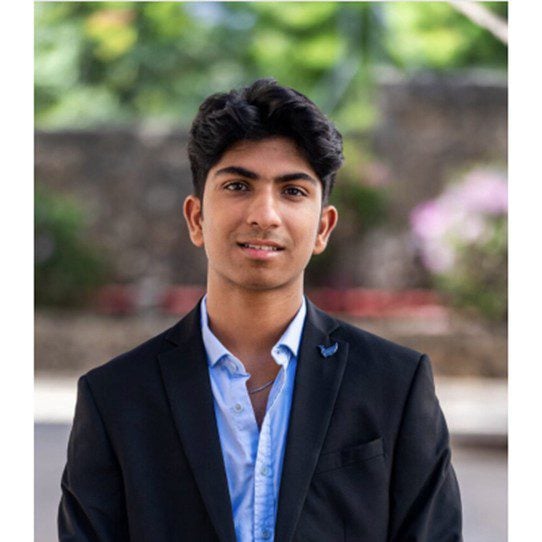Erasmus Mundus Scholar, Pedro Leardin Silveira from Brazil, Pursues the BIOPHAM Master’s in Pharmaceutical Materials Science Across Italy, Spain, and France
University: University of Lille (France); University of Pisa (Italy); University of Silesia in Katowice (Poland); Polytechnic University of Catalunya (Spain)
Degree: Erasmus Mundus Joint Master’s in BIO&PHarmaceutical Materials Science (BIOPHAM)
Previous Education: Bachelor’s in Medicinal Chemistry – Federal University of Health Sciences of Porto Alegre (UFCSPA), Brazil
Scholarship: Erasmus Mundus Joint Master’s Scholarship – Fully Funded (Tuition, €3,000 yearly travel contribution, €1,000 installation cost, €1,000 monthly stipend)
Social Media
LinkedIn: linkedin.com/in/pedroleardin/

The Journey
My name is Pedro Leardin Silveira. I was born and raised in Brazil in a city called Porto Alegre. My background is Medicinal Chemistry, which was pursued at the Federal University of Health Sciences of Porto Alegre (UFCSPA). After my bachelor's degree finished, I decided to apply for masters abroad and I was accepted at BIOPHAM (BIO&PHArmaceutical Materials science), which is a two-year (120 ECTS) programme entirely taught in English and jointly operated by the University of Lille (France), the University of Pisa (Italy), the University of Silesia in Katowice (Poland) and the Polytechnic University of Catalunya in Barcelona (Spain). The track of the student started in Italy, then Spain, and after could choose between France or Poland (depending on which goal in the career he wanted). I personally lived in Italy (Pisa), Spain (Barcelona), France (Lille and Paris), which the last city cited in France I lived because I did my master's thesis internship there in partnership with Poland. So, I had contact with the professors of all the countries listed in the consortium.
Educational Background
My academic background was Medicinal Chemistry, which it`s a mix of chemistry with pharmacy; we study the formulations and prospection of new molecules to treat diseases. In my specific project, I did my bachelor`s thesis about nanoencapsulation of drugs to treat brain diseases, such as schizophrenia. During this project, I was exposed to different materials that could be used to coat these nanoparticles, which made me choose a Materials Science master's later, such as BIOPHAM, to pursue in my career. I prepared myself 2 years in advance taking look into different masters, in my country and abroad, where I did my best to achieve the necessary grades, English courses (to take the proficiency test at the best), I gave classes and help professors at university and developed different projects to show my skills in different areas, including teaching, working in podcasts, undergraduate research, voluntary works and sports teams. Fortunately, I received prizes for my presentations in the scientific congresses, and this helped me to have a better curriculum vitae. From my university, different professors wrote letters to me and helped me during the process, since they already knew the program. Moreover, since I knew everything was going to be taught in English, I was more secure, but I decided to learn basic Italian (Duolingo and online) to achieve a better experience in my first country of the Erasmus Mundus, which was Italy.
How Did You Prepare to Apply to the Institutions?
I searched into https://www.eacea.ec.europa.eu/scholarships/erasmus-mundus-catalogue_fr and chose 3 programs, which is the maximum accepted per person. In the end, I applied for two, one of them BIOPHAM, for which I was chosen and accepted. The application had a deadline until December to receive the answers in April, since in the case of BIOPHAM, I did an interview and a test, which was oral.
How Did You Prepare to Apply for the Erasmus Mundus Scholarship?
In my case, they just had two options: funded or self-funded. In my case, I chose to be funded, and they asked few documents, such as a CV in English, a motivation letter, degree certificate(s), proof of nationality, proof of language proficiency (minimum B2 in English), recommendation letters, and, in some cases, financial proof. And since I am not from a European country, they took into account that too. For example, I had colleagues who were self-funded, but usually they are Europeans.
Could You Briefly Discuss the Erasmus Mundus Program You Pursued and the Specific Field of Study It Focused On?
The program I pursued focused on the emerging field of pharmaceutical materials science. The program lies at the interface between materials science, physics, and chemistry of materials, and pharmaceutical sciences. During my master's, I was trained in topics such as disordered and off-equilibrium systems, mechanical behaviour of materials, molecular and soft condensed matter, thermodynamics and phase transformations, as well as advanced experimental characterization techniques, some of them using large-scale facilities.
It's really interesting since the BIOPHAM program is designed to address the lack of skilled researchers in the pharmaceutical sector, preparing students to work in academia, big pharma, SMEs, spin-offs, start-ups, and contract research organizations. Furthermore, the program also emphasized transversal skills, including project management, entrepreneurship, economic and strategic intelligence, and scientific communication, which are really important for a good career. I also benefited from the multicultural environment of the consortium, which strengthened my adaptability, intercultural communication skills, and ability to work in international teams, such as today in my PhD in France, where I decided to continue in Europe after my master's studies.
How Did the Cost of Living Vary Across the Countries You Studied In? Which Country Was the Most Affordable or Expensive, and How Did You Manage Financially?
I lived in three countries, including Italy (Pisa), Spain (Barcelona), and France (Lille and Paris). As a Brazilian student (from a Partner Country, more than 4,000 km from the coordinator university in Lille), I received the Erasmus Mundus scholarship. This included a 3,000 € yearly contribution to travel costs, a 1,000 € installation cost, and a monthly living allowance of 1,000 € for up to 24 months. It's understandable that the price is calculated to live, not to travel and live a luxurious life, so I think it was really well done. The most affordable country for sure was Italy, the housing was around 450 euros (close to the price of Spain), but the food and the mobility were cheap, so at the end of the month I always travelled. The most expensive country was France, even with the CAF (the government aid to pay rent) was really tight the scholarship since the cost of living in France is higher. I had the great and interesting experience of living in 2 small towns, such as Pisa and Lille, and later in Barcelona and Paris. I mentioned that the cost of living in Lille was the same as in Barcelona, which is a big and touristy city. After being in Paris, I had an extra income since I did my master's thesis in a French University there, and the government gave me around 700 euros, which was combined with my Erasmus Mundus Scholarship.
Did You Face Any Language Barriers, and if So, How Did You Overcome Them? Did the Language of Instruction Change From One Country to Another?
I had some difficulties in the beginning to study in English since I did all my studies in Portuguese in Brazil, which was really noticeable when compared to friends who studied in English in their countries, such as India how easily they understood the concepts. But this barrier was more prominent in the beginning; after the first semester, I got used to it. The whole semester was taught in English, which was amazing and comfortable.
In my specific case, I followed an Italian course in Pisa and learned Italian pretty well, holding a B1 certificate from Rosetta Stone provided by my consortium. I even followed part one course in Green Chemistry in Italy, but the professor gave me the exam in English. After in Spain, I learned Spanish in 3 months, since I speak Portuguese and already knew Italian, which helped to integrate quickly. In France was the hardest since I didn’t study the language, so I followed a course A2 at the University of Lille to learn French, which helped me to do normal things and not always with translation on my phone.
Would You Recommend the Erasmus Mundus Program to Others? What Advice Would You Give to Someone Considering This Scholarship?
For sure! It`s a great opportunity to learn and see the world, and perfect for mid-twenties adventurers. I would advise being open-minded and living in the moment to learn new things, languages, people, and discuss the most important thing: science!
Looking back, would you have done anything differently during your time in the program?
I think I could prepare myself better before coming abroad, studying the topics in advance, at least the basics, because I had to learn a lot of things from scratch that I could have learned in Brazil.
Want to submit your
scholarship journey?
Submit Your Story Here!
More Scholarship Recipients

I am John Vincent “JV” Tumaneng, a Filipino PhD candidate of Politecnico di Torino under the MSCA-DN project ESPERANTO � .... Read more

I obtained my bachelor’s degree from a leading university in mainland China. After graduating, I worked at Huawei Technolo .... Read more

My name is Arsh Dharani, and I am an international student originally from the Democratic Republic of the Congo (DRC). I am .... Read more

Leave A Comment